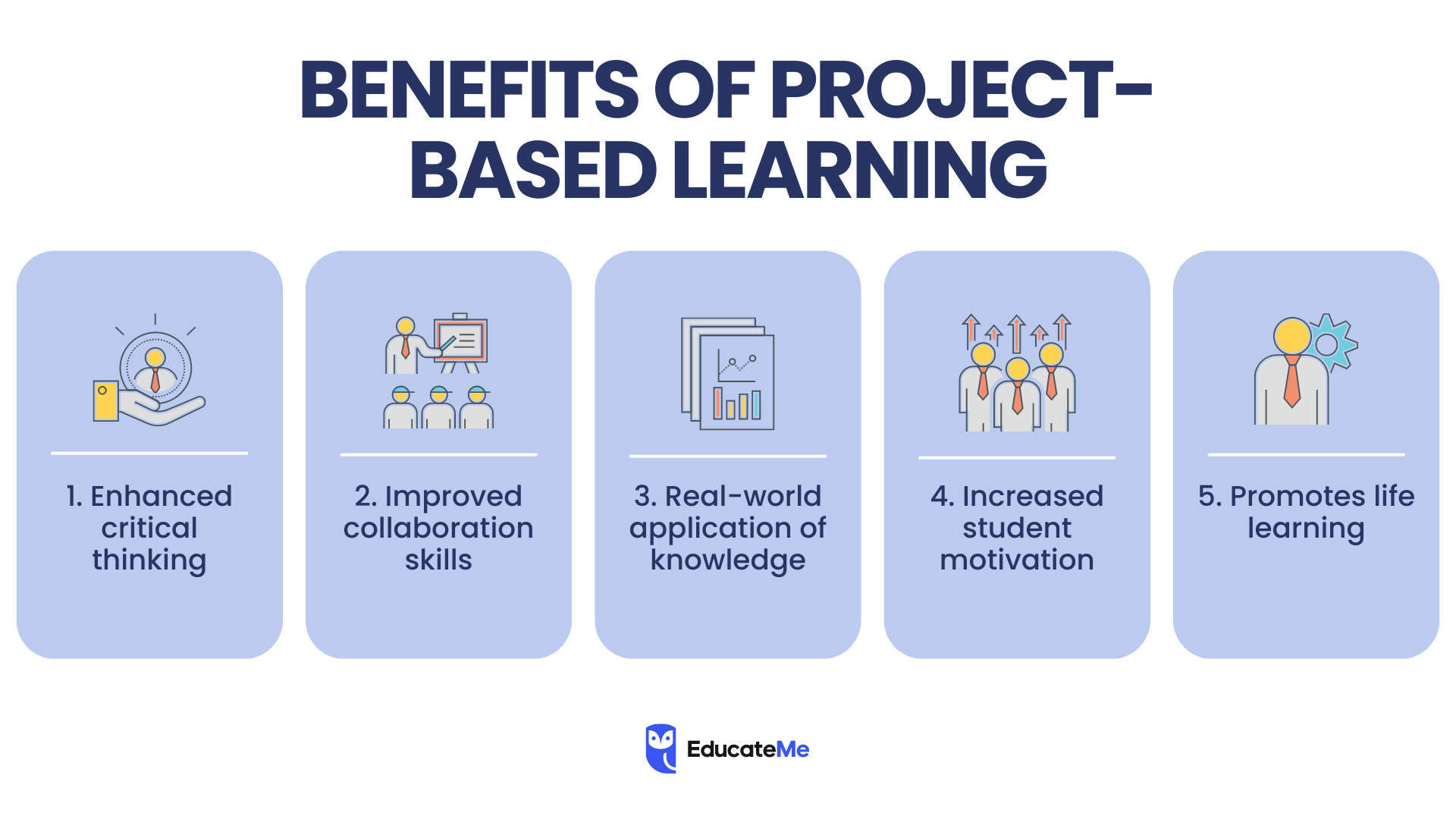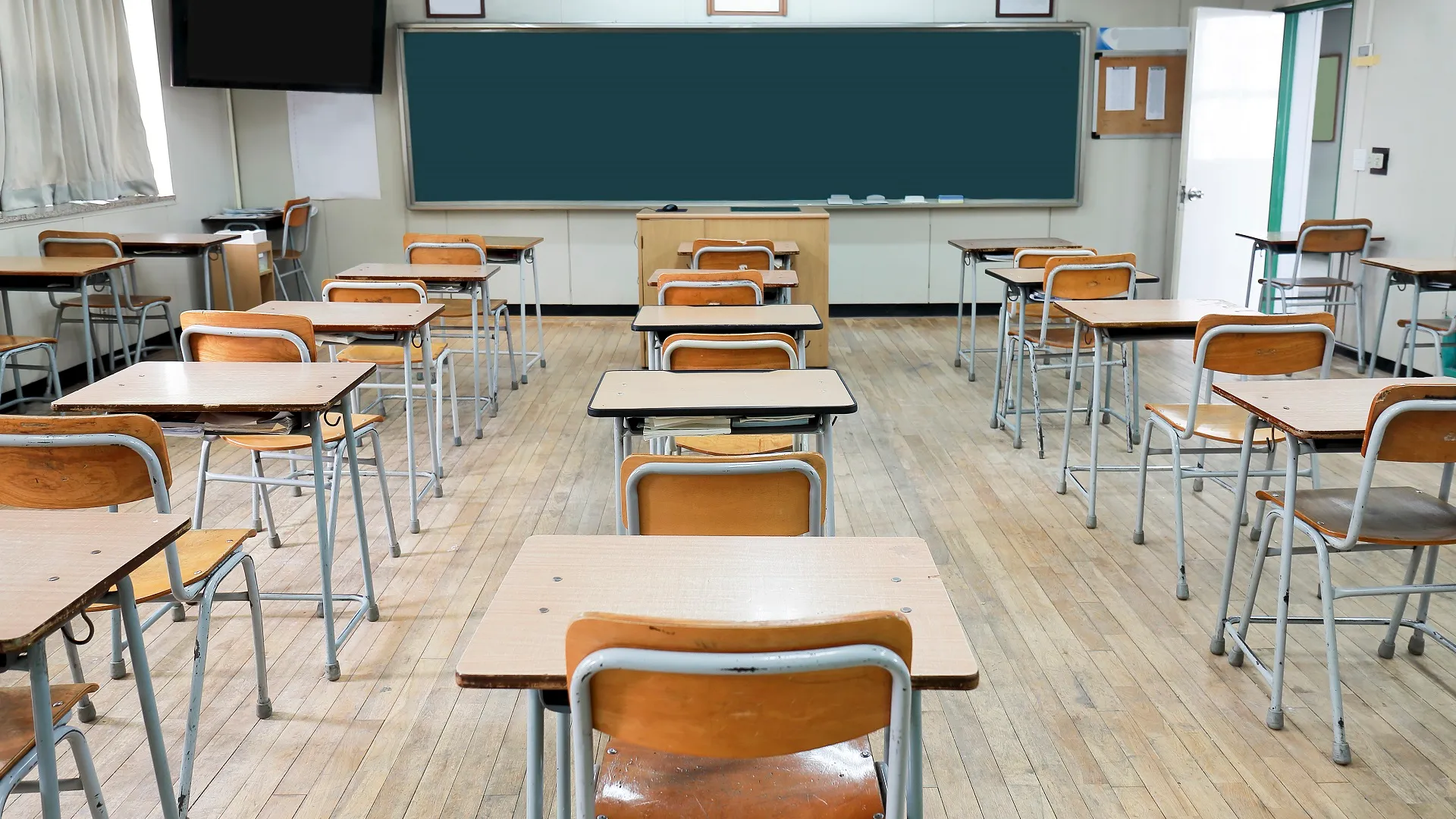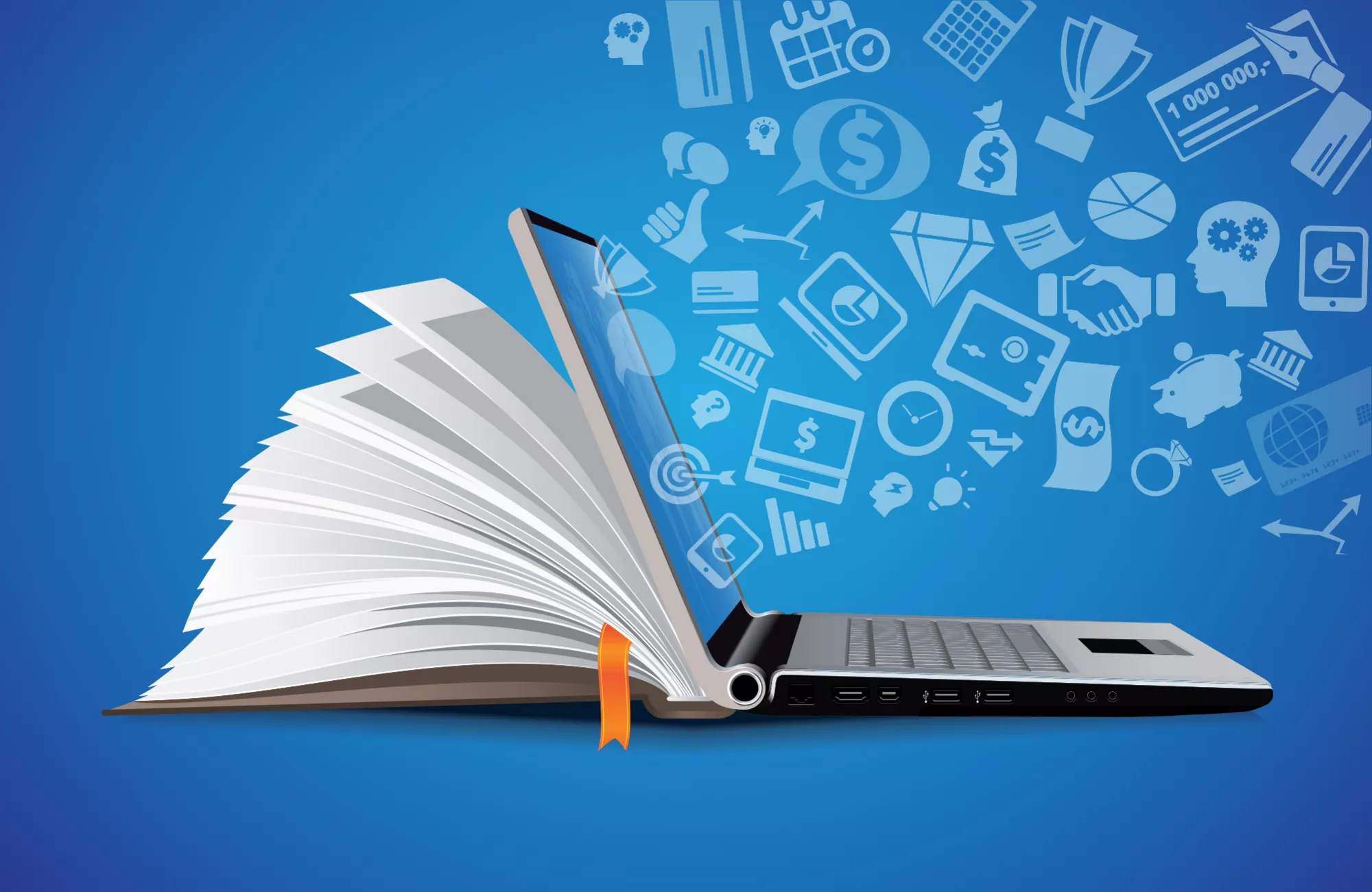Project-Based Learning (PBL) is a student-centered pedagogy that allows students to learn about complex problems in the real world through active exploration. In a PBL setting, students work in groups to explore an aspect of the topic or issue, and act as researchers, problem-solvers and innovators.
Essentials of Project-based Learning
Authentic tasks: Students work on open-ended, real-world challenges like product design, research projects, and presentations.
Catered to In-Depth Inquiry: Students investigate a phenomenon or problem, ask questions, answer those questions through research and data analysis.
Collaboration—students collaborate in teams, approach problems together to share their ideas and solutions, and help each other
Higher Order Thinking (HOT): Students are using HOT skills such as critical thinking and problem-solving to analyze information, evaluate evidence, create solutions.
Creating a product or performance: Students produce an authentic object or representation of their understanding.
Advantages of Project-Based Learning
Motivated Students: The students are engaged and active participants in the learning process.
Enhanced Comprehension: PBL enhances the comprehension of concepts because they relate to real-world situations.
Skills Development — Students learn vital 21st-century skills, including critical thinking, problem-solving, creativity, and collaboration.
Connection to Real-World: PBL connects students and Students can launch into action around the actual problems in our community.
Ownership: Students take ownership of their learning & are empowered to make choices.
How to Do Project-Based Learning.
Educators can follow these steps to implement PBL effectively:
Step 1: Find a Related Topic: Pick something engaging and meets the curriculum requirements.
Write Explicit Goals and Objectives: Results students need to be aware of the goals of their project, as well as what they should know and be able to do when it is concluded.
Prepare Authentic Tasks: Create tasks that involve learners to use the appropriate knowledge and skills.
Support and guidance: Provide guidance and support to students as they work on the project.
Evaluate Learning: Implement diverse methods of assessment to measure student progress and performance.
Project-based learning helps educators develop dynamic and engaging learning experiences that will prepare students for success in the 21st century.
Would you like to know more about how PBL could be used in a specific subject area or the effects of PBL on student achievement?



